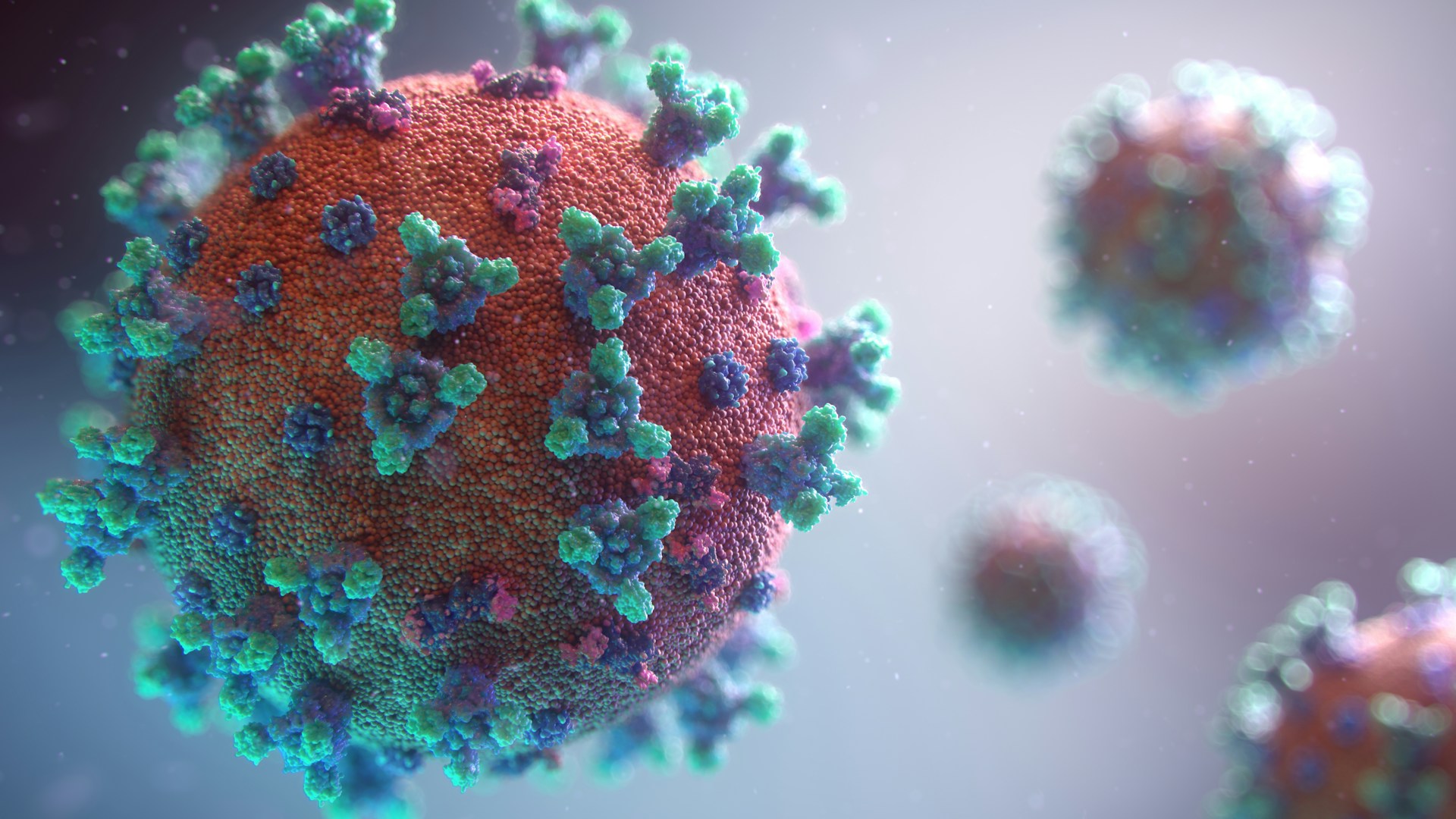
Canine Enteropathogen Panel
The Panel uses PCR and IFA to detect a range of pathogens causing gastrointestinal issues in dogs. It helps identify bacterial, viral, and protozoal agents, guiding effective treatment for enteritis.
Cryptosporidium & Giardia Panel (rtPCR)
The rtPCR test detects the DNA of Cryptosporidium and Giardia, causing gastrointestinal illness in animals and posing zoonotic risks.
Listeria monocytogenes (PCR)
Feline Anemia Panel (PCR)
The test detects FIV, FeLV, and Mycoplasma hemofelis, key pathogens causing anemia in cats.
Feline Coronavirus (PCR)
The test detects FCoV RNA to identify infections in cats, helping diagnose mild cases or assess risk for FIP especially for effusion fluid.
Feline Enteropathogen Panel
The test detects Campylobacter jejuni DNA in clinical samples using real-time PCR
Tritrichomonas foetus (rtPCR)
The rtPCR test detects T. foetus DNA, diagnosing chronic diarrhea and colitis in cats
Respiratory Disease Panel – Canine (rtPCR)
The rtPCR panel detects multiple pathogens causing respiratory illness in dogs, including Bordetella, canine distemper, and influenza viruses.
Respiratory Disease Panel – Feline (rtPCR)
Molecular diagnostics employ PCR-based tests to detect pathogens with precision. These panels identify enteric, respiratory, and tick-borne infections for accurate and rapid disease management.
Molecular Diagnostics
The rtPCR uses PCR and IFA to detect gastrointestinal pathogens like Clostridium, Campylobacter, FPV, Salmonella, Tritrichomonas, Giardia, and Cryptosporidium
The PCR test detects the DNA of this zoonotic pathogen, causing listeriosis in animals
The rtPCR panel detects key pathogens like Bordetella, herpesvirus, and calicivirus responsible for respiratory infections in cats.
Tick-borne Pathogen Panel (rtPCR)
The Panel (rtPCR) detects DNA from tick-borne pathogens like Ehrlichia, Anaplasma, Borrelia, and Babesia.
Campylobacter jejuni (rtPCR)
Toxoplasma gondii (rtPCR)
The test detects T. gondii DNA, helping diagnose active infections in animals, especially cats.
Microbiota Dysbiosis Index
The Dysbiosis Index (DI) quantifies fecal microbiome imbalances, aiding in diagnosing chronic enteropathies and antibiotic-induced dysbiosis.
